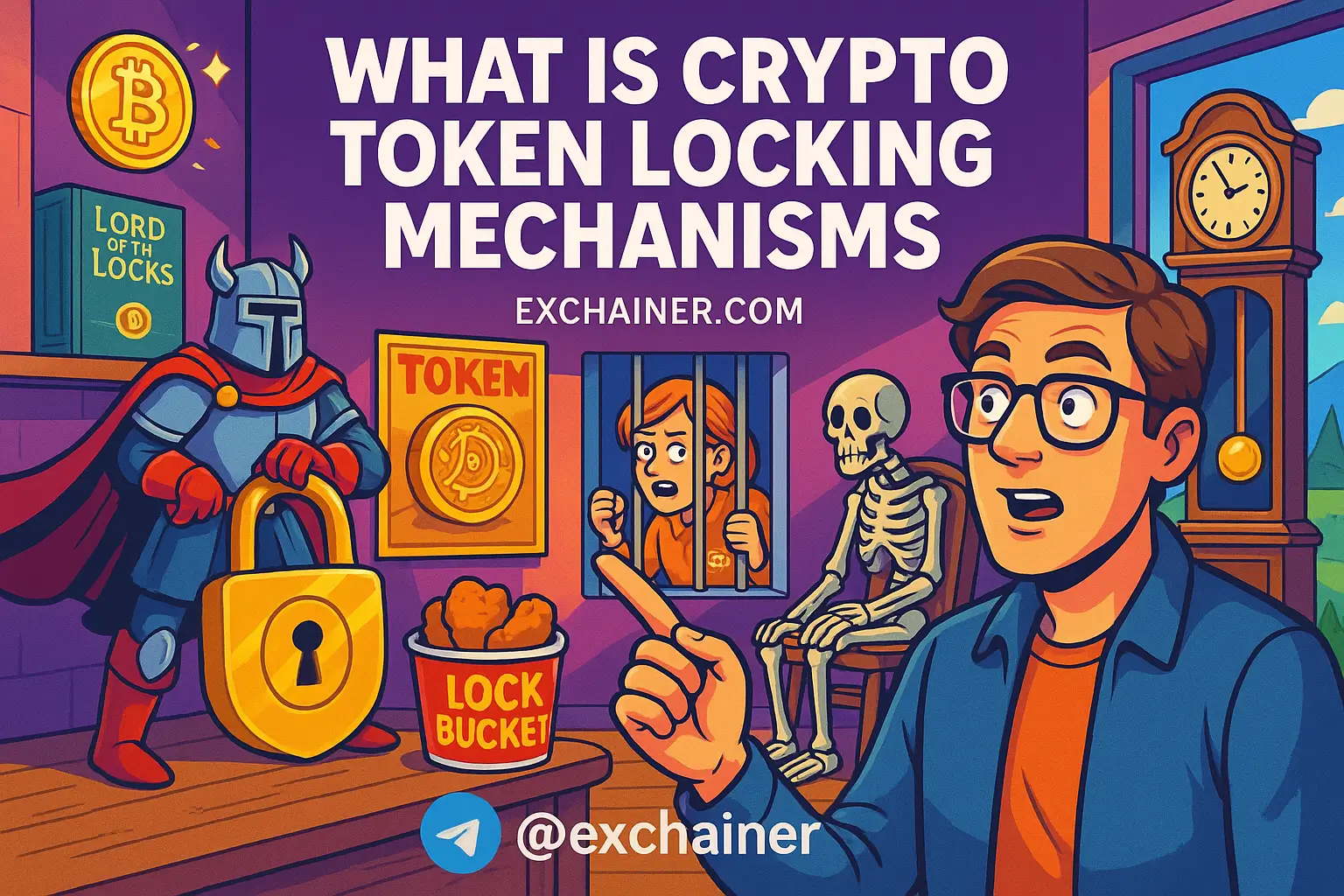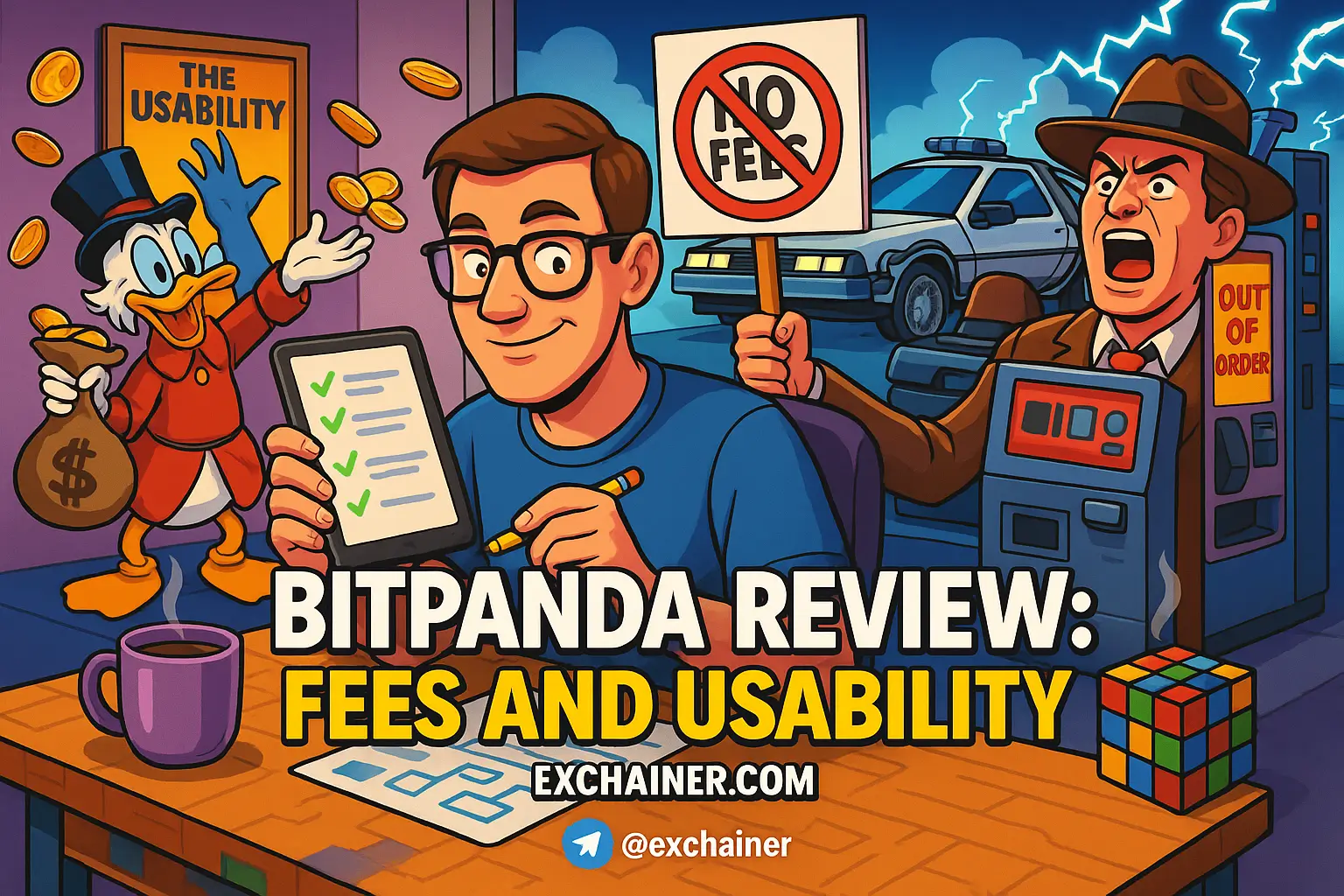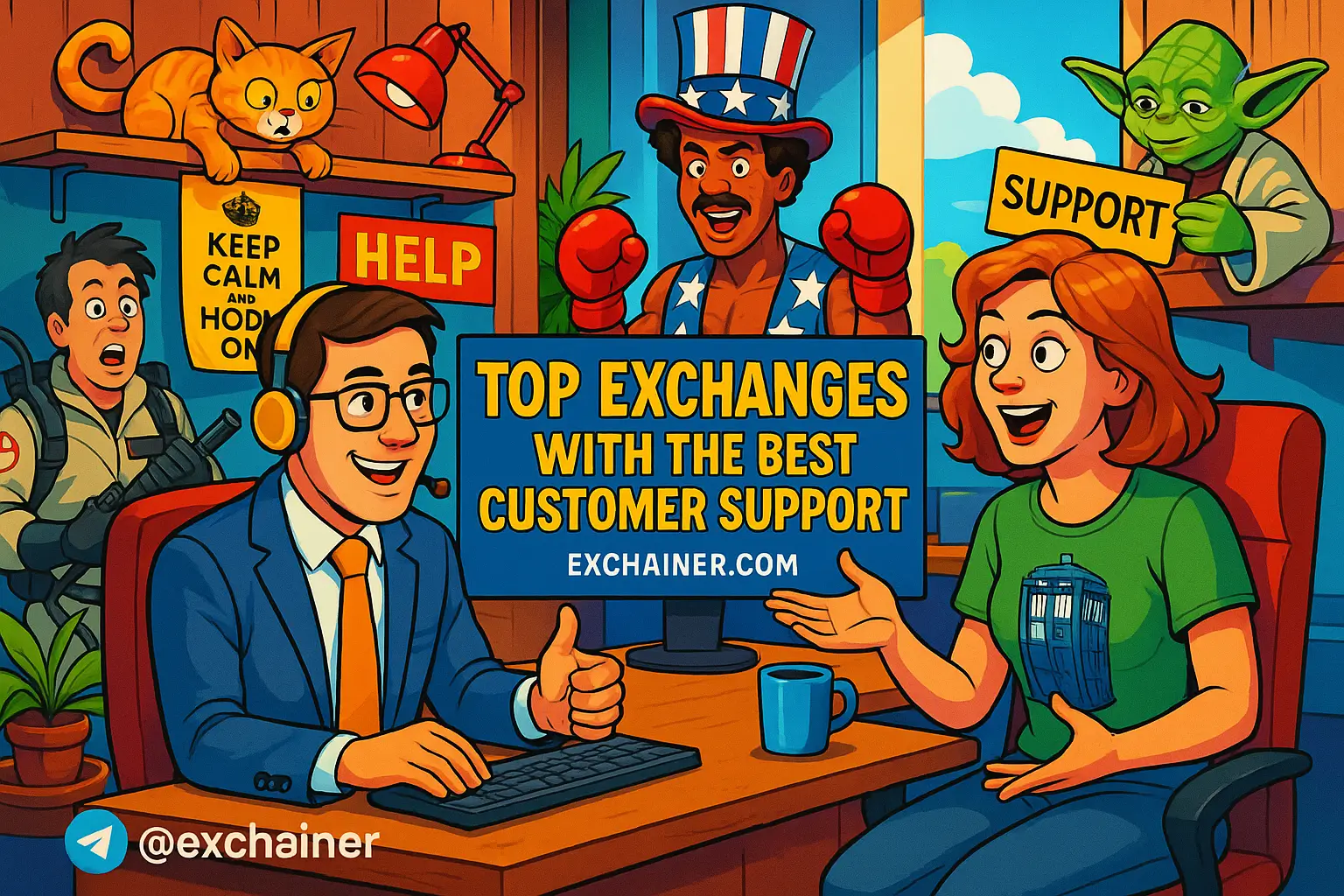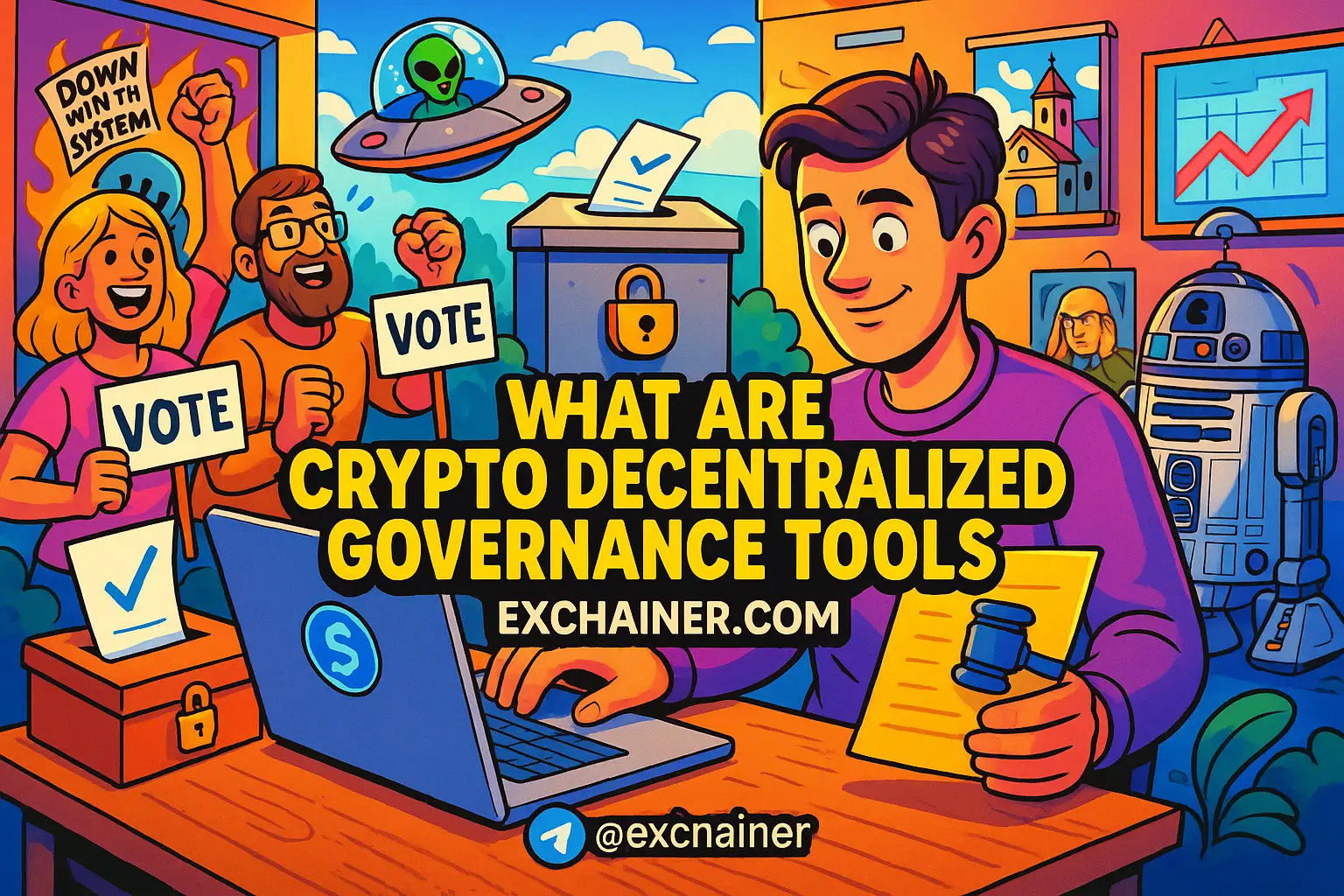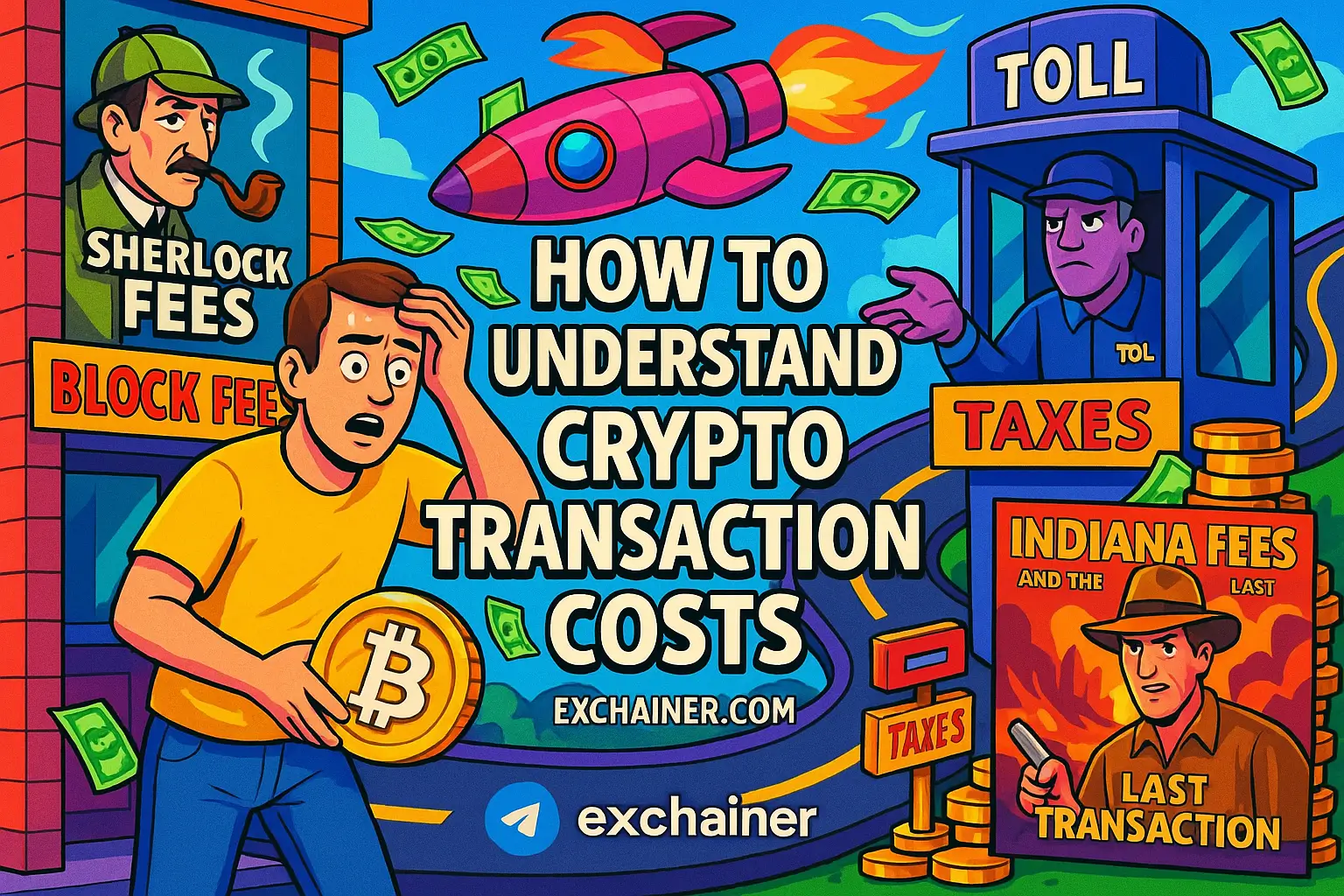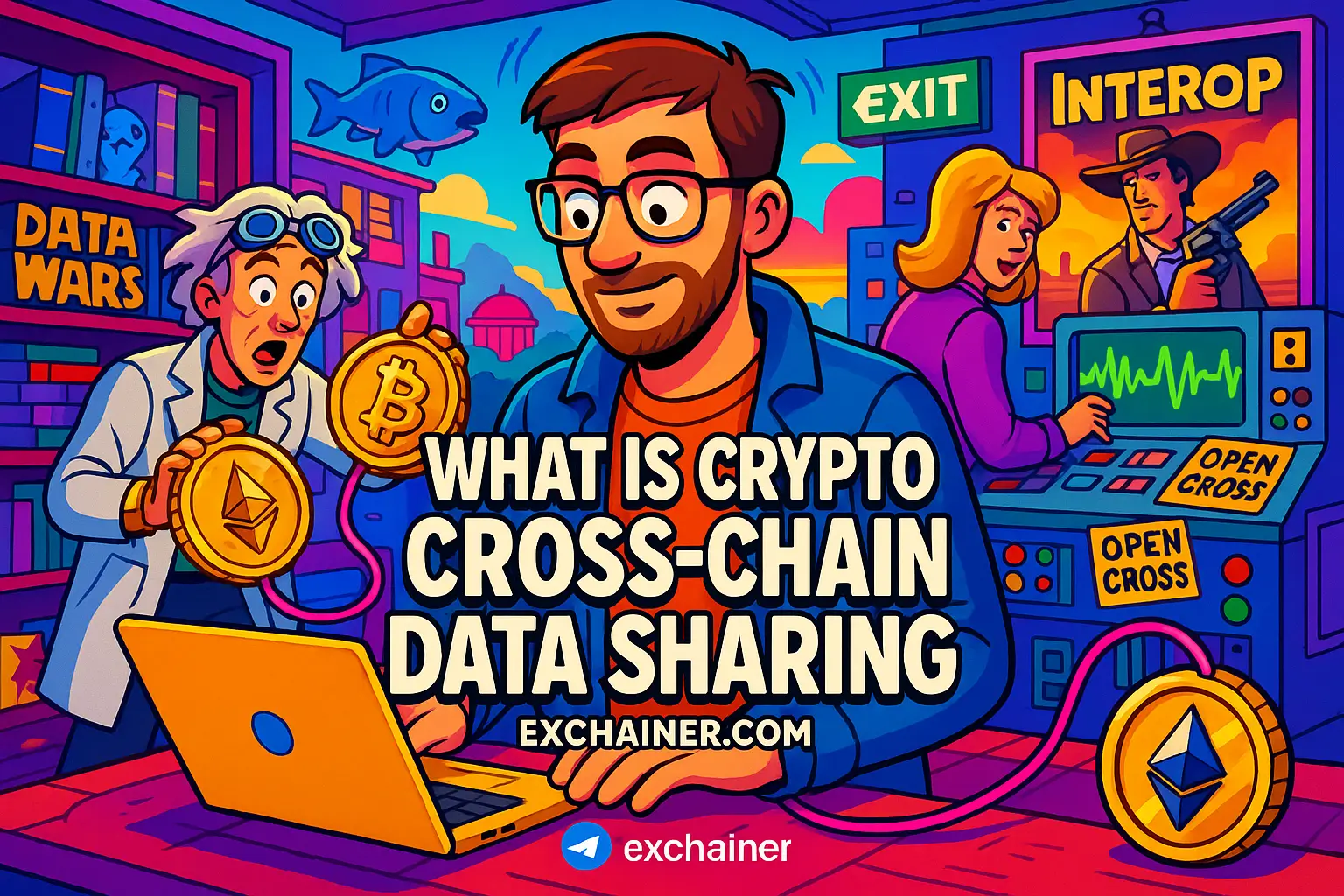In the ever-evolving landscape of blockchain technology, utility tokens have emerged as a vital component of decentralized applications (dApps) and ecosystems. These tokens are designed to provide users with access to specific services or products within a blockchain network. Unlike traditional cryptocurrencies, utility tokens are not primarily used as a store of value but rather as a means to facilitate interactions within a particular ecosystem. As the crypto world continues to expand, understanding what utility tokens are and their importance is essential for anyone seeking to navigate this digital frontier.
Have you ever found yourself puzzled by the multitude of cryptocurrencies and their functions? It’s perfectly normal! The world of digital currency can be incredibly complex, but we’re here to break it down into bite-sized pieces for you. This article on utility tokens is your beginner-friendly guide that will explain how they work, their use cases, and how they differ from other types of tokens. Buckle up, because we're about to dive deep into the functional side of blockchain technology!
What are Utility Tokens?
Utility tokens are digital assets created on blockchain platforms, often using smart contracts to define their functionality. Think of them as digital coupons that grant you access to unique features on a platform. They are typically issued during Initial Coin Offerings (ICOs) or Initial DEX Offerings (IDOs) to raise interest in a project or to offer early access to its services.
One key role of utility tokens is to act as a "ticket" for accessing specific features or services within a decentralized application (dApp) or network. For example, the Basic Attention Token (BAT) is used in the Brave browser ecosystem to reward users for their attention while browsing. Similarly, Filecoin functions as a utility token that provides access to decentralized storage services, allowing users to rent out their unused storage space.[1][2]
The utility aspect makes these tokens crucial for the operation of many apps and platforms in the blockchain space, giving users access to functionalities they wouldn't have without holding the token.
Key Features of Utility Tokens
-
Specific Use Case: Utility tokens are designed for specific use cases within a blockchain ecosystem. They enable users to access services, products, or networks that are otherwise inaccessible without the token. For instance, the Golem Network Token (GNT) facilitates a decentralized computing network.
-
Non-Investment Nature: Unlike security tokens, utility tokens are not intended as investments. They do not represent ownership in a company or asset and are generally not subject to the same regulatory scrutiny. This means if you're planning on holding a utility token, your goal should be utilizing the services it provides rather than making a profit.
-
Regulatory Framework: Although utility tokens generally operate under a less stringent regulatory framework compared to security tokens, businesses must ensure that their utility tokens do not inadvertently fall under securities regulations. Compliance can be tricky, but it's crucial for avoiding legal issues.
-
Governance and Participation: Some utility tokens grant holders voting rights or participation in the governance of a platform. For example, Uniswap’s UNI token allows holders to vote on governance proposals, giving users a stake in the future direction of the protocol. This participatory aspect encourages community involvement and engagement.
Use Cases of Utility Tokens
Utility tokens have a wide range of applications, which can enhance user engagement and add value to the underlying platform. Here are a few compelling examples:
-
Access to Services: Utility tokens can provide access to decentralized exchanges, social networks, or other platforms within a blockchain ecosystem. A popular example is Ethereum's gas fees, paid in Ether (ETH), which allows transactions to be executed on the Ethereum network.
-
Payment Methods: These tokens can function as payment methods within their ecosystem, allowing users to pay for goods and services seamlessly. For example, users of the Civic platform can use its CVC token to pay for identity verification services.
-
Rewards and Discounts: Holding utility tokens can provide users with additional rewards, discounts, or exclusive benefits within the ecosystem. For example, PancakeSwap's CAKE token offers holders exclusive access to yield farming opportunities, which can become financially rewarding.
-
Governance Participation: Various platforms leverage utility tokens for governance processes, allowing holders to influence the direction of a project through voting mechanisms. This feature is especially popular among decentralized autonomous organizations (DAOs), where community-driven decision-making is critical.
Comparison with Security Tokens
Utility tokens differ significantly from security tokens, which represent ownership or a stake in a real-world asset. Security tokens are subject to stringent securities regulations and are considered investment instruments. This is one of the primary reasons why utility tokens can be more appealing to users who want to engage with blockchain applications without the intricacies involved in investment regulations.
To illustrate, think of utility tokens like subscriptions to a service, giving you access to features, while security tokens are more akin to owning a piece of a company where profit and dividends might be realized. Understanding these differences can help you make informed decisions in the crypto space.
Lifehacks for Engaging with Utility Tokens
Engaging with utility tokens can be quite rewarding, but how do you navigate this space effectively? Here are some practical tips:
-
Research Before You Invest: Always research the project behind a utility token. Look for white papers, use cases, and community engagement. If a token lacks a solid plan or team, it may not be worth your time or investment.
-
Monitor Token Use Cases: Make sure that the token offers real utility within its ecosystem. Tokens that allow multiple functionalities (like access, discounts, and rewards) within their platform often have better potential for value appreciation.
-
Stay Updated on Regulations: Cryptocurrency regulation can change quickly. Staying informed will help you avoid legal troubles down the line. Follow reputable news sources for updates on token regulations.
-
Participate in Governance: If you hold a utility token that offers governance rights, actively participating in decisions can directly impact how the platform develops and may even lead to increased value for your token.
Conclusion
Utility tokens represent a unique aspect of blockchain technology, offering users a means to engage with decentralized applications and services. By understanding the role and functionality of utility tokens, users can better navigate the complex landscape of blockchain ecosystems. They create pathways for interaction, influence, and utility that traditional currencies simply cannot match.
As the blockchain industry continues to evolve, the utility of these tokens will likely expand, providing new opportunities for interaction and innovation within the digital asset space. Are you excited about diving deeper into the world of cryptocurrency and exploring what options exist? I encourage you to continue your crypto journey by visiting our other categories on Exchainer.com. Whether you're looking for foundational knowledge in Crypto 101, exploring Exchange Reviews, catching up on the latest News, or finding essential Tools and Wallets to enhance your trading experience, there's something for everyone.
So, gear up and let your adventure in the crypto space begin!





